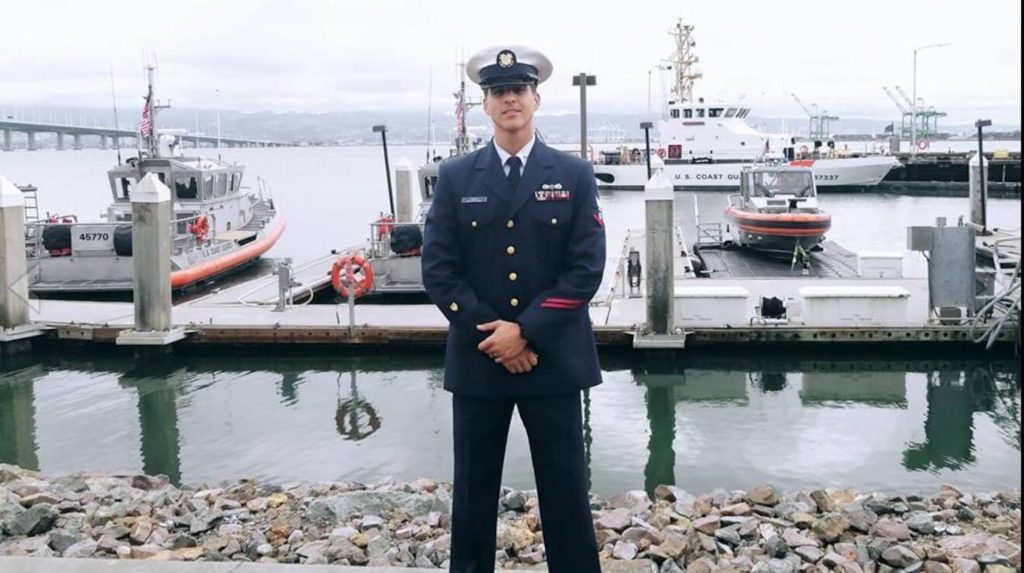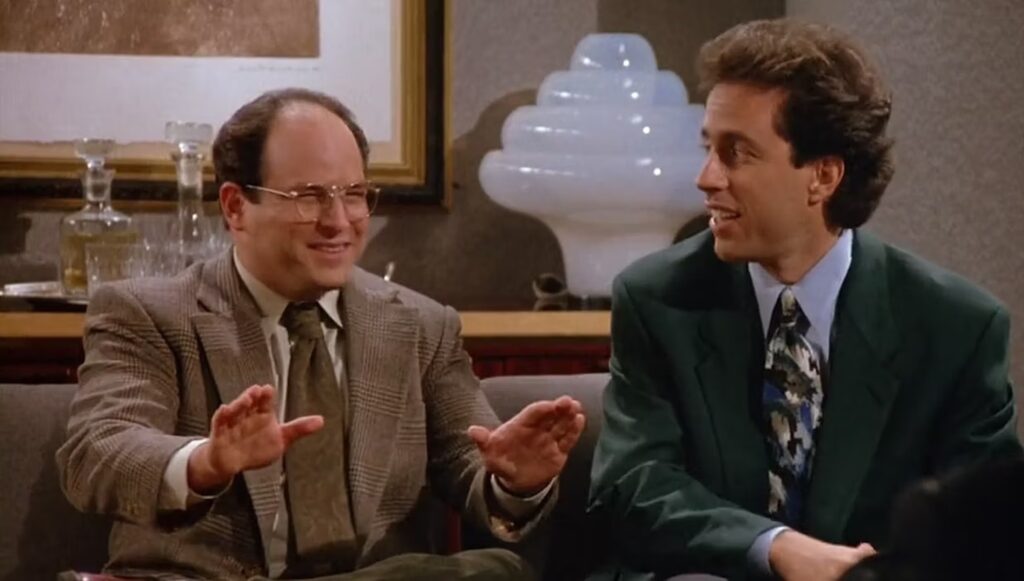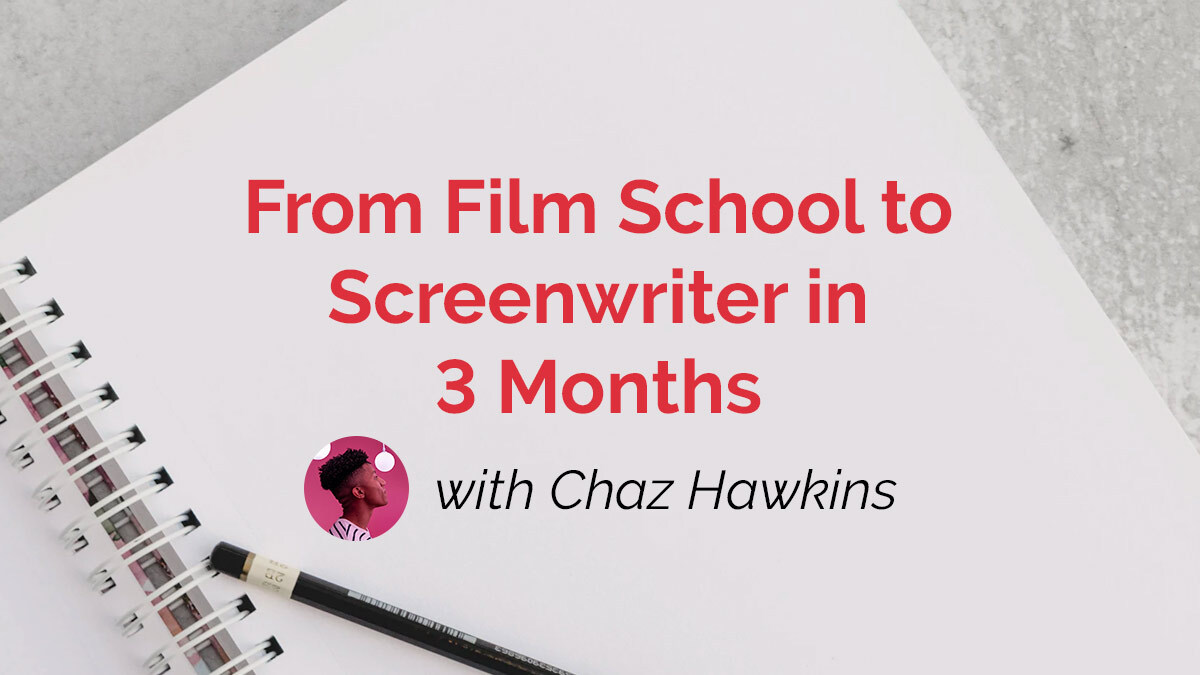
Derek Quick is making a name for himself in the industry after landing the most meetings during Coverfly's Pitch Week. His screenplays have helped him join the 2023 Writers Guild Veteran program, the NBC Universal sponsored Native American Media Alliance Feature Writers lab, and the the RespectAbility Entertainment Lab.
We sat down to talk with Quick about how he navigated Pitch Week, made his screenplays, Maid to Steal and Rez Nation, stand out to financiers, and the future of his career.
---
CF: You landed the most meetings during this season’s Pitch Week. What was it like?
DQ: I had the best time during Coverfly Pitch Week. The current environment in the industry is tough, coming out of a strike and with another potential IATSE strike pending. It has made even general meetings hard to get for even seasoned WGA members. Being able to pitch my projects, Maid to Steal and Rez Nation, and connect on a personal level was phenomenal, and Coverfly made things happen. Managers and producers requested multiple projects of mine, which was a huge plus!
CF: Tell us about the pitch. What kinds of things did you focus on? What was your strategy for making it appealing to financiers?
DQ: My main focus during the pitch was to open up and share my unique vision for my stories. I believe the best projects usually start with a pitch that is so connected to the creator that only they can tell the story. I also wanted to connect personally and not make it solely about business or selling the script.
I created teaser trailers and visuals that I shared alongside my screenplays after the meetings. Since film is a visual medium, I believe using visuals in addition to a well-polished script tremendously helps convey your vision. I enjoy the process of making a teaser trailer, and it's even better when people think it's an actual film and are excited to see it!

CF: What are your favorite elements of Maid to Steal? What do you feel makes it commercially and culturally relevant?
DQ: My favorite element of Maid to Steal is its personal connection to my own experiences. As a homeless, disabled veteran living out of my Jeep, I worked cleaning mega-churches in Texas during the global financial crisis. The disconnect between mega-churches and the hidden homeless community is a concept I found fascinating to explore. I wanted to dive into what it would be like to have a child while facing homelessness while at the same time hiding it from everyone and the lengths a mother would go to secure a safe life for her daughter.
Maid to Steal is (Breaking Bad) meets (Good Girls), where struggling mothers venture into a risky criminal world. They establish a cleaning company as a cover to launder money and conduct church heists with their team of immigrant workers. I love that the protagonist, Emma, is also struggling in a custody battle, willing to do anything to give her daughter a better life. It's reminiscent of (Kramer vs. Kramer) but shows the mother's side without taking sides. Mike, her ex, is a great father, making the struggle even more saddening.
When my parents divorced, we moved away with my father while my mother relocated to England, we faced many financial hardships during this time. We didn’t see my mother for a long time, but she reconnected with us after half a decade, and our relationship improved over time. I was always curious about what my mother was doing while away. She wrote every week, but as teenagers, we often ignored her, which must have been heartbreaking. I wanted to place my lead character, Emma, in a similar situation.
I love the juxtaposition of these characters being role models to their children while doing whatever it takes to survive. They grow and discover their strength as mothers—they aren’t just maids. What makes this story relatable and commercially viable is that many parents can connect with it, especially in the current economic hardship where even the upper middle class in America is starting to struggle.
CF: How did Pitch Week create momentum for your career?
DQ: Pitch Week opened many doors for me. I was recently accepted into the RespectAbility Entertainment Lab, so I've been busy with that. I've won a few competitions listed on Coverfly, too. Coverfly was the reason I applied to RespectAbility. Through this, I've been meeting various leaders in the entertainment industry, including executives and recruiters from Disney, Warner Bros, ABC, Paramount, and Sony.
I believe this is going to be a challenging time for people in the industry due to the current economic environment and the potential for further strikes, but it will also create new opportunities. When following up with managers or producers, it's nice to have something to break the ice. I can mention Coverfly Pitch Week and talk about the great people I connected with. Managers appreciate proactive clients, and being involved in these events demonstrates that quality.

Derek Quick
CF: What are you working on now?
DQ: Currently, I am working on my commercial feature screenplay titled Donor. It is based on true events from my life, where a U.S. Navy SEAL goes AWOL at Christmas to donate his kidney to his critically ill wife, pursued by military police and a billionaire organ trader. It’s John Q meets John Wick with the classic holiday heroism of Die Hard.
My wife had double renal failure and needed a transplant to save her life. My struggles in taking care of her while being on active duty in the military were immense. It was tough balancing my duty to her and my service to the country. I was often away on deployments, and it is one of the reasons I wanted to tell this story along with the extreme cost and failure of the US medical system.
Currently, a lot of seasoned writers and showrunners are having trouble getting work on TV or selling pilots, so I have been focusing on my feature screenplays more as they have a better chance of getting read let alone made.
I really would like to encourage writers to use Coverfly. They have numerous free opportunities! They even have a place where writers can exchange scripts and give notes for free.
If anyone wants to check out my projects or just connect, please visit my website and reach out.
Thanks again to Geoffroy and Delenn at Coverfly and V for this interview and the staff that worked behind the scenes on making Coverfly Pitch Week such a great event.






















 Coverfly: What were some of the biggest obstacles to your screenwriting career goals when you started out?
Coverfly: What were some of the biggest obstacles to your screenwriting career goals when you started out?